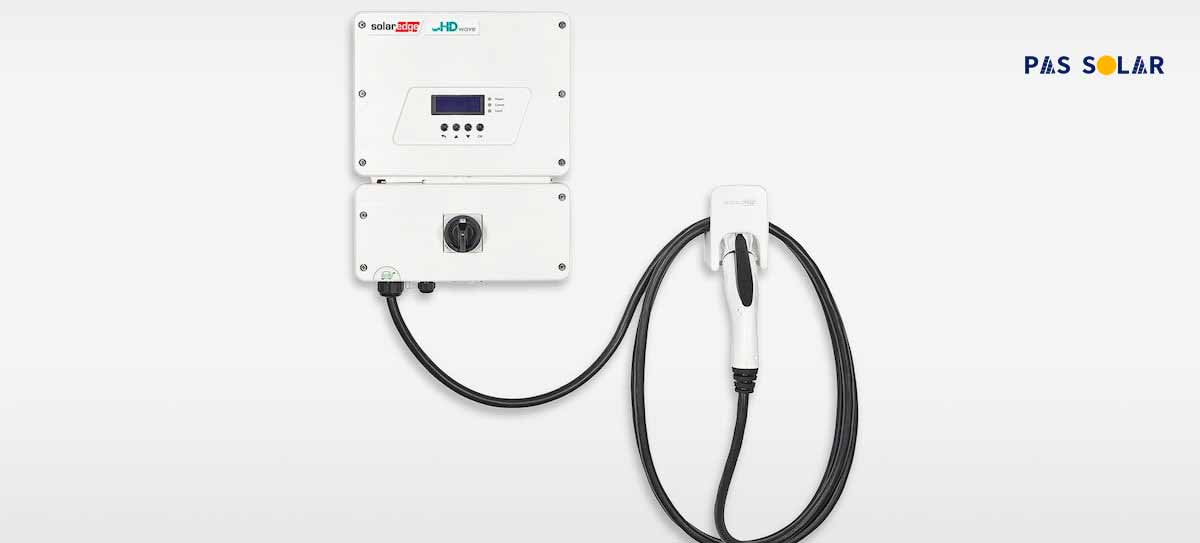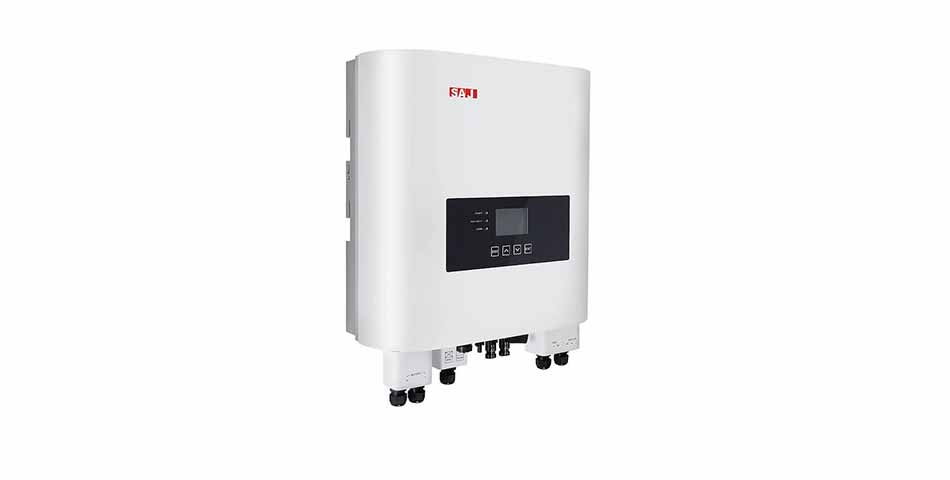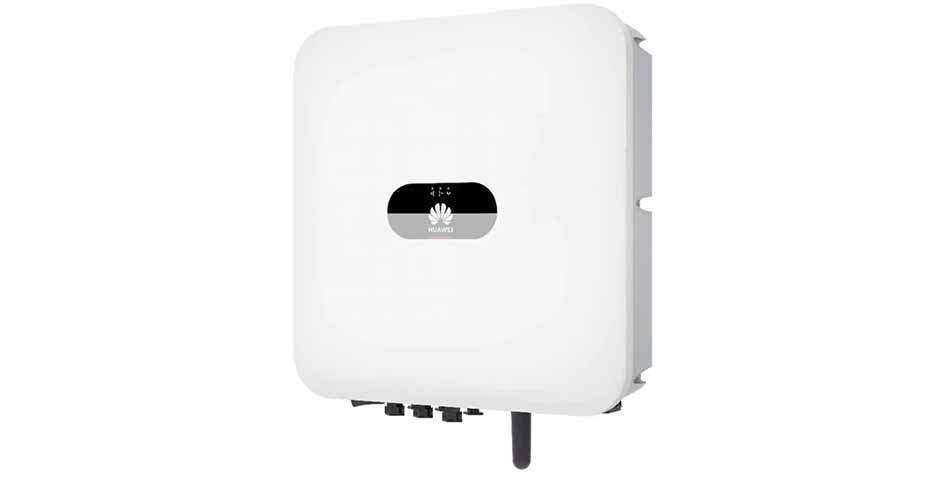A solar inverter is an integral component of the solar power system. It’s important to know the benefits of solar inverter for home. An inverter takes power from direct current (DC) and converts it into alternating current (AC) electricity. If you live in an area where the load exceeds supply or somewhere that experiences regular outages, you should invest in a solar panel inverter system, and you would after you learn about the benefits of solar inverters.
How is solar inverter good for home?
Before we begin telling you about the benefits of inverters, you need to know how an inverter works. Solar panels are made of solar cells: semiconductor layers made of crystalline silicon or gallium arsenide. It needs to be mentioned that you can get solar panels for sale from Pas Solar.
Once the sun shines, these layers absorb energy from the photovoltaic cells. Energy moves between positive and negative layers to produce a continuous current. Once power enters the inverter, it goes through the transformer and splits to an AC output. Technically, the inverter tricks the transformer into thinking that DC is AC. The appliances in your home operate on 120/240 VAC.
Power is sent to the battery or directly to the inverter; It depends on the inverter system you have. Most units are designed to run direct currents through transistors that are turned on and off rapidly.
One of the many benefits of solar inverter for home is that if your solar power system produces more power than you need, a photovoltaic inverter can feed it back into the grid. But again, if the inverter doesn’t produce enough power to meet your home’s needs, it mixes it with power from the grid.
Solar inverters are usually a quite pricy part of the solar PV system, but you don’t have to worry about the price because you can visit Off Grid Solar Inverter supplier Dubai.
Since solar panels do not produce power overnight, you are 100% dependent on the grid. Some inverters can mix power from the grid with power from solar batteries. With grid-connected inverters, you won’t notice any change when switching between the two, and that’s just one of the many advantages of solar power inverter.
Benefits of solar inverter for home
Maximize energy production
The main importance of solar inverter is that it can keep track of the voltage to find out the maximum power the modules can run. Because it focuses on the voltage from the solar panels, you get the cleanest energy possible. A grid-tied solar inverter produces maximum power compared to its low-cost counterparts.
The modified sine wave ensures efficient power for the most sensitive appliances. This is the voltage that the inverter produces over time without damaging electrical components. Remember, your solar inverter will allow more power than the maximum AC output for conversion losses.
Monitoring system output
A solar power system generates thousands of watts each day. One of the benefits of solar inverter for home is that it offers a way to help you see how much power you are using. Some let you track the performance via a mobile app. The unit will identify the spike in the chain if the modules are updated.
If things aren’t working as they should, the unit automatically alerts you. Even better, you can use the monitoring system to check if the system is producing the correct amount of electricity.
Some systems measure power production with a charge controller. Data can be monitored using Wi-Fi, which gives you access to the system with a smartphone.
Communication with the public network
One of the advantages of solar inverter is that if there is a temporary power outage, the solar power inverter ensures that electricity is not transmitted to external power lines. The new smart inverters have a way of communicating with the grid. They perform grid support tasks that relate to frequency, communication, voltage, software, and controls.
Any line worker in the network is protected from injury. If your home doesn’t require all the energy it produces, the surplus can help you earn energy credits. In the event of a voltage change, an inverter can go into standby mode. If the disturbance persists, the system automatically shuts down, which is one of the huge benefits of solar inverter for home.
What is the average life span of solar inverters?
On average, a residential solar panel can last 10–15 years. Most solar inverter suppliers in dubai will offer warranties that last up to 20 years. If you are looking for an off-grid inverter, the lifespan may be shorter.
A residential string inverter can last up to years, which adds to the benefits of solar-powered inverter. You can replace it during the life of the panel. Some solar system deals include free monitoring as an added feature.
Microinverters have an average lifespan of 20–25 years and are often backed by a 20-year warranty. Being a relatively new technology, we have yet to see a unit that lives up to the promise of 20 years. That’s true also for DC optimizers, as they can last for 25 years.
The inverter is one of the most crucial parts of a solar power system. If you’re planning on adding an inverter to your PV system, you need to be aware of the benefits of solar inverter for the home. Hopefully now that you’ve read this article, you know about all the benefits an inverter can have for your home. If you need more information, do not hesitate to call our solar shop in Middle East.





